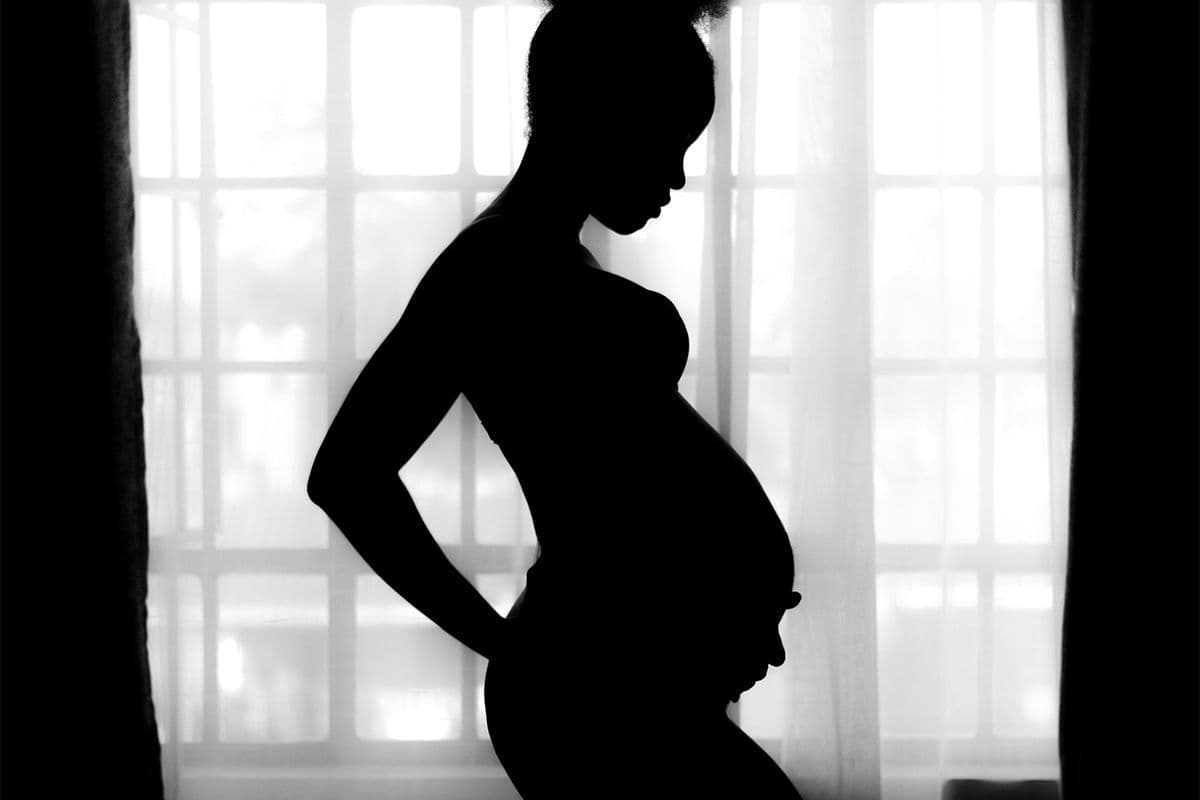How to Manage Bipolar Disorder During Pregnancy
Medical Problems
Obie Editorial Team

Bipolar disorder is a well-recognized mental health condition characterized by significant mood swings, ranging from elevated ‘manic’ states to lower ‘depressive’ states. There are two primary types of this condition. Type I Bipolar disorder is more severe, with more intense periods of mania and depression. On the other hand, Type II Bipolar disorder presents with less severe mood shifts and shorter episodes. Importantly, having bipolar disorder does not necessarily reduce the likelihood of conception, particularly when you are receiving appropriate medical care and support.
Proactive Pregnancy Planning
It's imperative to plan your pregnancy proactively if you're managing Bipolar disorder. The likelihood of experiencing an episode during pregnancy is higher for someone with this condition. With early planning, your psychiatrist can strategize a medication plan that minimizes risks to the baby while stabilizing your mental health as you prepare for the pregnancy journey and childbirth.
When to Get in Touch with a Psychiatrist
Once you receive a positive pregnancy test, make reaching out to your psychiatrist a priority. It is crucial to assess whether the medications you are currently taking are safe for your baby. Arrange an immediate consultation to explore the safest and most effective medications and treatment plans that protect both you and your unborn child.
Communicating with Your Obstetrician or Midwife
Following your psychiatrist visit, contact your obstetrician. Providing them with your psychiatrist’s contact details is essential to facilitate communication and collaborative planning. This healthcare team is your allies in navigating pregnancy safely with bipolar disorder.
Assessing Pregnancy Risks with Bipolar Disorder
All pregnancies come with inherent risks, and these can increase when managing bipolar disorder. Often, various medications help in balancing emotions and mood. Even if not medicated, especially for Type II Bipolar disorder, the risk of manic or depressive episodes remains substantial. Notably, there's a particularly critical period around the 12th week of pregnancy where bipolar episodes are likelier. Tracking your symptoms diligently and regularly from pregnancy onset can help identify patterns and potentially preemptively manage episodes.
Seeking Psychological Support
Engaging with a psychologist can provide valuable insights into managing bipolar disorder during pregnancy and maintaining your mental well-being. Though psychologists don't prescribe medications, talk therapy is a powerful tool for navigating the emotional fluctuations inherent to bipolar disorder.
Medication Management for Bipolar Disorder
It's essential to review all bipolar disorder medications with your obstetrician and psychiatrist to ensure safety during pregnancy. Particularly for Type I Bipolar disorder, appropriate medication management is vital due to the potential for severe symptoms, including episodes of suicidal thoughts.
Here's a review of some common treatments:
Lithium: Widely used for bipolar disorder, lithium poses minimal risk to the fetus when carefully monitored. You might transition to lithium if you're on other medications. Ensure you stay well-hydrated to prevent toxicity from affecting you and your baby.
Depakote: This anti-seizure medication, also used as a mood stabilizer, is not safe during pregnancy, potentially affecting fetal development, particularly in the head and face. If Depakote use is unavoidable, vitamin K supplementation and close fetal monitoring may be required.
Tegretol: Similar warnings apply to Tegretol. Early fetal effects can occur if the pregnancy is not promptly identified. In cases where Tegretol is necessary, vitamin K supplements are again advised.
Antipsychotic Medications: Both first and second-generation antipsychotics are regarded as relatively safe during pregnancy and potentially safer than some mood stabilizers. However, they could increase blood pressure and gestational diabetes risks.
Sedatives: Anxiety and sleep deprivation can trigger bipolar episodes. Short-acting sedatives can be effective for ensuring better sleep and stress management, providing essential support for mental health stability.
Read More












